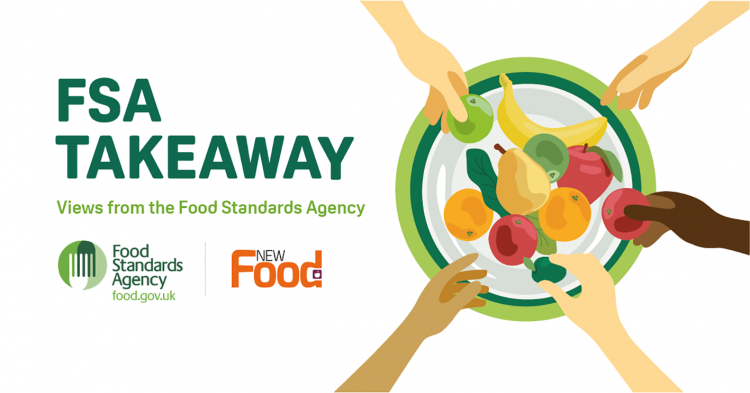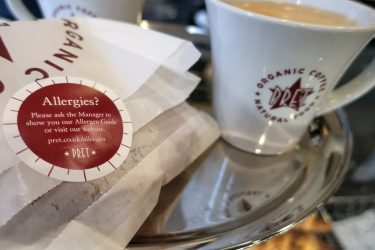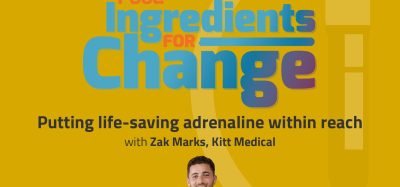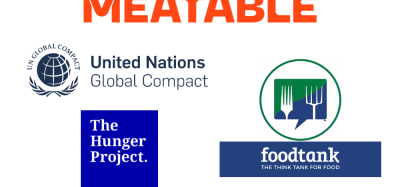The May Contain Consultation
- Like
- Digg
- Del
- Tumblr
- VKontakte
- Buffer
- Love This
- Odnoklassniki
- Meneame
- Blogger
- Amazon
- Yahoo Mail
- Gmail
- AOL
- Newsvine
- HackerNews
- Evernote
- MySpace
- Mail.ru
- Viadeo
- Line
- Comments
- Yummly
- SMS
- Viber
- Telegram
- Subscribe
- Skype
- Facebook Messenger
- Kakao
- LiveJournal
- Yammer
- Edgar
- Fintel
- Mix
- Instapaper
- Copy Link
Posted: 14 January 2022 | Ben Rayer | No comments yet
What is the May Contain Consultation and why are we encouraging businesses to respond to the March deadline? Ben Rayer from the FSA’s Food Hypersensitivity Team explains.

What is Precautionary Allergen Labelling?
A Precautionary Allergen Labelling (PAL) is voluntary statement that food businesses can choose to apply to food products where there is a risk of allergen cross-contamination. It will most likely appear on a product’s label in the form of ‘may contain allergen x’ or ‘not suitable for someone with a certain allergy’, for example. However, sometimes this information is given verbally by staff or by using a poster or sign on business premises.
PALs should only be used where there is a real risk of allergen cross-contamination which cannot be prevented through careful risk management. For example, in a small kitchen where multiple foods are prepared and a risk assessment has found that the risk cannot be sufficiently controlled.
Why is the FSA consulting on precautionary allergen labelling?
We understand that the majority of food businesses who use such precautionary labelling are doing it to protect people with a food allergy, intolerance, or coeliac disease. But we also know that businesses are confused about when they should use PALs and want clarity on the controls needed to remove or minimise the risk of allergen cross-contamination. We need to hear more from businesses who use PALs so that they can tell us about the issues they face.
This matters to consumers too; while people with a food hypersensitivity appreciate precautionary allergen information when it clearly tells them about an unavoidable risk of allergen cross-contamination, they can be confused by the range of precautionary labelling statements currently in use. This inconsistency can lead to a lack of trust in labels and prevent them from being able to enjoy certain foods.
What will the FSA do with this information?
The responses to the May Contain Consultation will help us consider future approaches for precautionary allergen information to ensure that the law is clear and easy to follow for businesses, and is clear, consistent and understood by consumers.


Pret a Manger increase allergy warning labels.
We also want to ensure that the circumstances in which precautionary allergen information is used is based on a proportionate and standardised process for assessing, managing and telling consumers about the risk of allergen cross-contamination.
It is clear to us that while any solution must keep consumers safe without unnecessarily limiting their food choice, it has to be workable for food businesses. The consultation is your opportunity to have your say on what the answer should be.
What type of business can join in with the precautionary allergen consultation?
We specifically want to hear from businesses in the retail, catering and manufacturing sectors, but the consultation is also open to local authority food teams, healthcare professionals, allergy charities, consumers and any other interested parties.
How do I respond to the consultation?
The consultation is a questionnaire making it easy for you to respond. Share your views here – Precautionary Allergen Labelling (PAL): The ‘may contain’ Consultation | Food Standards Agency.
About the author:
Ben Rayner works in the Food Hypersensitivity policy team within the FSA on projects that aim to improve the quality of life for people with food allergies and intolerances.
Related topics
Allergens, Food Safety, Food Security, Packaging & Labelling









